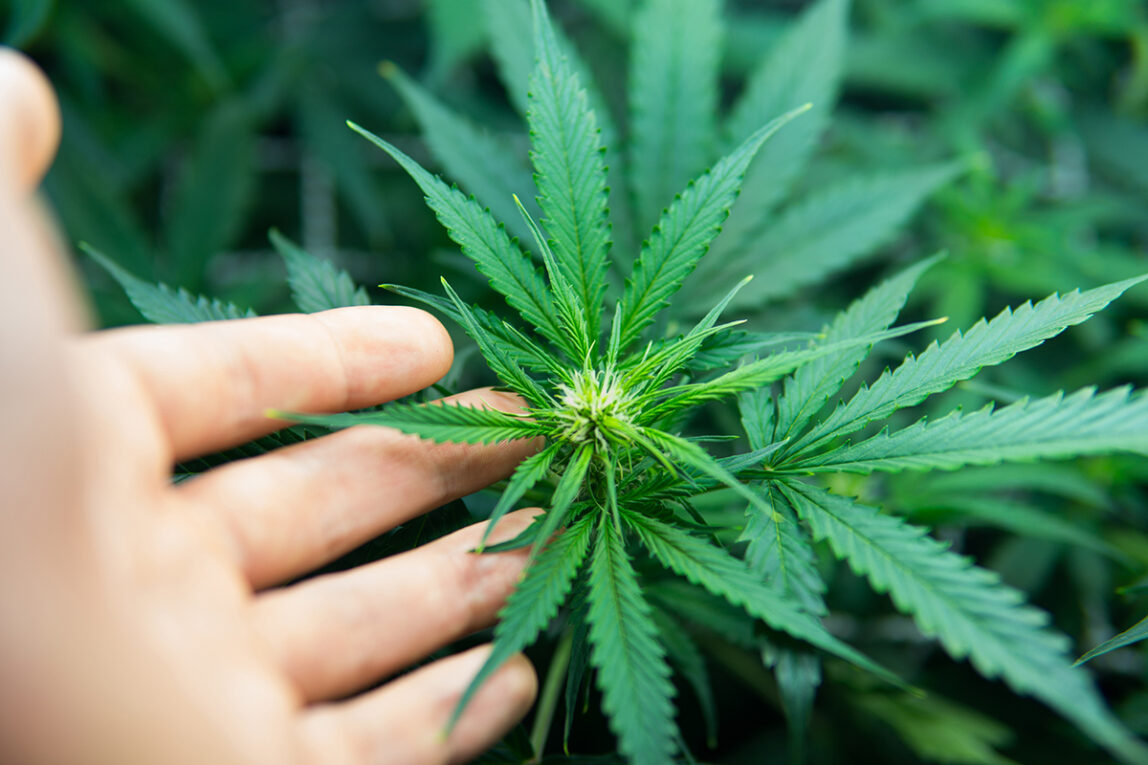The legal marijuana industry has experienced explosive growth over the past decade as attitudes toward cannabis have gradually liberalized. According to a Gallup poll taken in 2020, 68% of Americans now support legalizing marijuana—the highest percentage since the question was first asked in 1969, when only 12% supported legalization. As of 2022, 19 states and Washington D.C. have legalized recreational marijuana use for adults over 21 years old. Additionally, 37 states have legalized medical marijuana in some form.
The legal marijuana market is projected to continue seeing huge increases in both sales and number of participating states in the coming years. Industry analysts estimate the legal cannabis market could generate over $30 billion in sales by 2025. This surge in legalization has allowed cannabis to transition from an underground enterprise to a mainstream agricultural commodity and retail product.
Economic Impact
The blossoming legal marijuana industry has had profound economic impacts in the states where it has been made legal. Cannabis businesses now employ hundreds of thousands of people across cultivation, manufacturing, distribution, retail and ancillary professions. A 2021 analysis by economists at Leafly estimated the U.S. legal cannabis market supported over 321,000 full-time jobs. As the market matures, jobs are projected to increase substantially.
Tax revenue from legal marijuana sales has also provided state governments a major new source of income. Colorado, which was the first state to legalize recreational marijuana in 2014, collected over $423 million in cannabis tax revenue between 2014-2021 according to the Colorado Department of Revenue. States with legalized marijuana generated over $3.7 billion in tax revenue from 2019-2021. With more states joining the market, tax dollars from legal cannabis will likely increase exponentially in coming years.
Beyond job creation and tax revenue, the legal marijuana sector has had positive spillover economic effects as well. Many cannabis businesses purchase goods and services from other locally-based companies, benefits that ripple throughout the broader economy. Real estate markets near dispensaries have also seen rising property values as these stores attract new customers to commercial districts.
Challenges of Conflicting Federal Laws
While state-level legalization has clearly benefited many places economically, the ongoing conflict between state and federal Legal Marijuana laws presents challenges that still need resolution. At the federal level, marijuana remains classified as a Schedule I controlled substance under the Controlled Substances Act of 1970. This classification places it in the most restricted category, even more so than Schedule II narcotics like cocaine and methamphetamine.
The ongoing conflict between federal prohibition and state-level legalization has left the fledgling cannabis industry in a legal gray area. Businesses struggle to access banking services since most financial institutions do not want to risk federal enforcement actions by working with marijuana companies. Cannabis operators also cannot deduct standard business expenses from their taxes and face other regulatory hurdles that non-marijuana companies do not. Further complicating the issue is that a future change in presidential administrations could quickly reverse the largely hands-off approach the Department of Justice has taken thus far.
Industry leaders argue the only way to remove these uncertainties that hamper growth is for Congress to enact laws harmonizing state and federal policies on recreational marijuana. Several bills have been proposed in recent years to do exactly this, by removing cannabis from the Controlled Substances Act or preventing federal interference in legalization at the state-level. However, progress has been slow on Capitol Hill due to continued opposition from some lawmakers.
National Legalization Agenda
Despite the challenges, the pace of state-level changes and falling public disapproval of marijuana indicate further reforms are inevitable across the United States in the years ahead. Advocates are actively working on a coordinated strategy for nationwide legalization. Marijuana business associations, advocacy non-profits, and cannabis political action committees are joining forces to lobby state legislatures and Congress.
Their agenda aims to first see additional states adopt legalization for adult-use over the near term. Currently around two-thirds of states have either legal medical cannabis, decriminalized possession, or regulated adult sales. Groups like the National Organization for the Reform of Marijuana Laws are focused on winning public support and legislative debates in the approximately 15 states that have yet to enact significant cannabis policies.
In parallel, federal reforms remain a central goal. If additional states legalize and public approval continues growing, it is hoped the shifting political landscape will motivate Congress to finally resolve the conflict with existing federal laws. Presidential candidates are also being pressured to openly support national decriminalization or legalization for campaign platforms.
Once a critical mass of state laws is in place, advocates plan to use that momentum for campaigning nationwide to remove marijuana from the Controlled Substances Act and set a 21+ age limit for adult consumption. Such changes could establish a regulated national cannabis market on par with alcohol and normalize the industry across the country. If successful, advocates predict the United States would then lead other nations in liberalizing their marijuana laws as well.
Continued Market Evolution
Legal Marijuana companies are innovating new products, developing branded offerings, integrating technology, and expanding operations both domestically and internationally. Industry consolidation is also advancing through acquisitions and mergers. As the industry evolves further, it seems inevitable more states will join the legalization wave and federal reform will be achieved in a post-prohibition era of cannabis commerce in America.
*Note:
1. Source: Coherent Market Insights, Public sources, Desk research
2. We have leveraged AI tools to mine information and compile it

